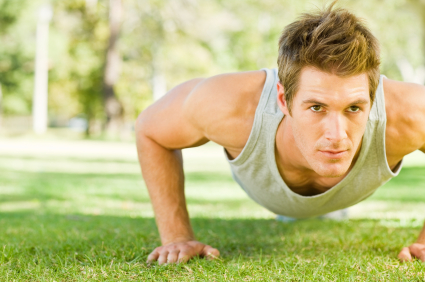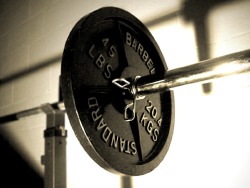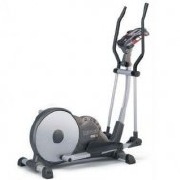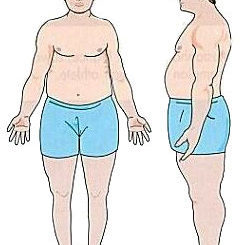
Also known as pushups, press ups are a great way to tone and shape the upper body without requiring any exercise equipment. They can be performed no matter where you are and cover a majority of the upper body musculature which makes them the perfect addition to any strength training workout.
Which muscles do press ups work?
Press ups are extremely effective for toning the upper body, but the muscles that are targeted specifically include the pectoral muscles and the triceps. The pectoral muscles are the chest muscles that stretch cross the breast plate, while the triceps are the muscles that run along the back of the upper arm.
There are also some benefits to the deltoid region of the shoulders as well. If you move your hands in different positions for the press ups, you can also affect different sets of muscles.
How do you perform a perfect press up?
One of the tricks of press ups is that your form is the most important facet to getting the benefits of the exercise. There are two variations of the muscle building exercise, one for the more advanced exerciser – though it’s the definition of the press up – and one for the beginner that doesn’t have the muscular strength to handle the full exercise movement.
The first of the two is the traditional military press up’s. This is performed by lying on your stomach and putting the palms of your hands alongside your shoulders, elbows bent up to the ceiling.
Your feet should be flexed with the toes on the ground to help support the movement. You then press up from the ground with your muscles and your palms until your body is a straight line and your arms are completely straight.
The key with press ups is to keep your back straight, as there is a tendency to curve the back to lessen the pressure on the arms. To help with this, you can keep your head looking forward instead of down. This helps your back maintain the rigid posture. You can also hold your stomach in to help with this movement.
How to do press-ups properly
Tips for the beginner
For the beginner position for press ups, you will want to use your knees as the pushup point instead of the toes. The ankles can either be crossed or they can be alongside each other. This helps take some weight off the palms and can be a great way to ease your self in the full press up position.
You can also perform press ups against a wall if you’re unable to move well and get onto the ground well. Simply face the wall and place your hands in the traditional push up position. Keep your feet a little ways from the wall so that you can perform the full push up to the wall. Use the force of the wall to help you move through the push up and balance yourself at the same time.
Press up’s have never been anyone’s favorite exercise, but they are effective at what they do!




Be the first to comment